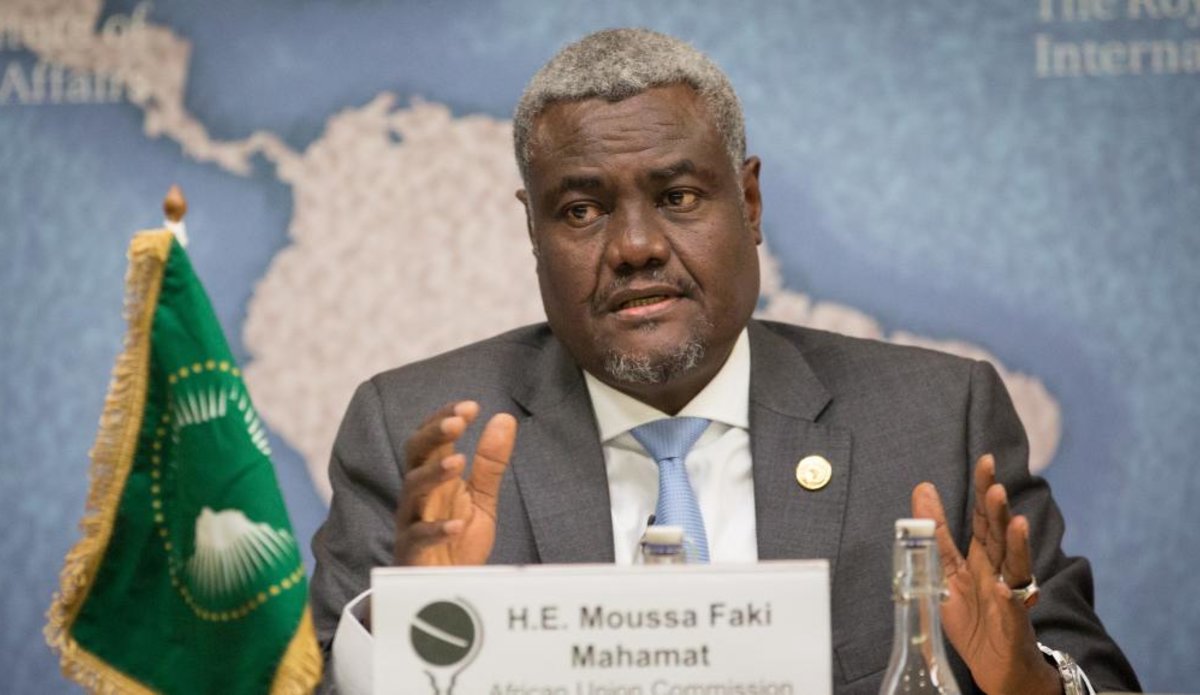As stakeholders’ and Nigeria’s telecoms industry await the final decision of the regulator, the Nigerian Communications Commission (NCC) on who should use the Visafone’s 800MHz spectrum following the 100 per cent acquisition of the moribund former CDMA leader by MTN, the Corporate Relations Executive of MTN and Liverpool trained lawyer, Tobechukwu Okigbo has posited clear facts and strong arguments on why the company should be encouraged to manage the natural resource after all.
Business Hilights recalls that after a public hearing by the NCC on the matter and last week, the commission itemized everything discussed and published same on its website and the publication has been eliciting reactions as the waiting game continues.
However, giving further insights on the matter with regards to other operators’ claims that MTN having access to the 800MHz would stifle them out of business, Okigbo argued that “This is a conversation around competition and dominance. In 2013, following a study, NCC found MTN, dominant in the retail mobile voice market. This is very important because we need to understand that there are different markets in the telecommunications industry”.
He said what you do in communications when you are regulating is that you identify and segment relevant markets and they are looked at separately to ascertain the level of competition in each relevant market. So, you have voice, leased line, downstream/last mile services and data services etc. MTN was found dominant in the retail mobile voice market.
According to him, “It was found jointly dominant with Globacom in the wholesale leased line & transmission capacity markets. MTN was however not found dominant in the mobile data services market which is the market relevant to the spectrum resources in question. In actual fact, the conclusion of NCC that time was that the mobile data market was “effectively competitive” and therefore no operator was declared dominant.
Okigbo argued that “When organisations say MTN will become dominant, this is futuristic. They are saying that if MTN is allowed to use the 800MHz it might go on and become dominant”. “However, looking at it critically, we are a communications company and one of the most important resources in communications is spectrum. Every telecommunications company that is committed to any area that it operates would always look for an opportunity to acquire spectrum for the simple reason that spectrum is the basic resource needed to do the business.
“Now, what MTN has done is to strategically focus and try to acquire spectrum knowing, like everybody does that data is the next big thing. It is the only thing on the table going forward, especially when you talk about Internet of Things, convergence and all others.
He explained in clear terms that “in looking at our position and what we should do, Visafone was on the table and its spectrum was not one assigned to MTN by NCC and I think we need to establish that fact. It was a function of somebody wanted to sell and another person was ready to buy.
“It was never a question where it was only made available to MTN to acquire. In actual fact, it would appear that even before speaking to MTN, Visafone had spoken to other operators, but they were not willing to commit resources, but MTN was. Assuming the spectrum was available and the Commission approaches only MTN and says come and take this spectrum, one can then posit that MTN may have been given an undue advantage.
“However, if the commission had the 800MHz and they were conducting an auction and they put out the spectrum and MTN comes, bids and gets it. If you didn’t show up for bidding, can you later turn around to say MTN should not have it because they will become dominant? How do we explain that argument? In this case, Visafone was available for any interested party to buy, MTNN did. Similar to how it participated in the 2.6GHz auction. It is unfair to now say that MTN should be prevented from having access to what it acquired fairly.
Okigbo made it clear that “For me, it is about which company is committed to this environment? Who believes that it makes business sense to operate here? Who thinks that they want to invest in Nigeria? These are the questions.
“For me, let’s look at it from this perspective; is MTN the biggest operator in the world? Some of the operators who raised concerns about MTNs access to the 800MHz spectrum are bigger than MTN globally and incidentally refused to participate in the 2.6GHz spectrum auction. Would you think that if they are committed to Nigeria, that they cannot for example, buy Visafone or bid for 2.6MHz?
“Now, not having invested in those resources; speaking from a pedestrian point of view, is it fair that the person who has shown commitment and invested should not be allowed to have it? Is it proper to limit another willing investor’s desire to invest simply because another player in the industry is not willing to invest?
“These are important questions that need to be answered. If the Commission in line with its powers under the Nigerian Communication Act of 2003 secures additional broadband spectrum and puts it up for auction, will it be fair to ask that an operator be denied the opportunity to participate when you are not willing to buy? That is one question,” the MTN official queried.









